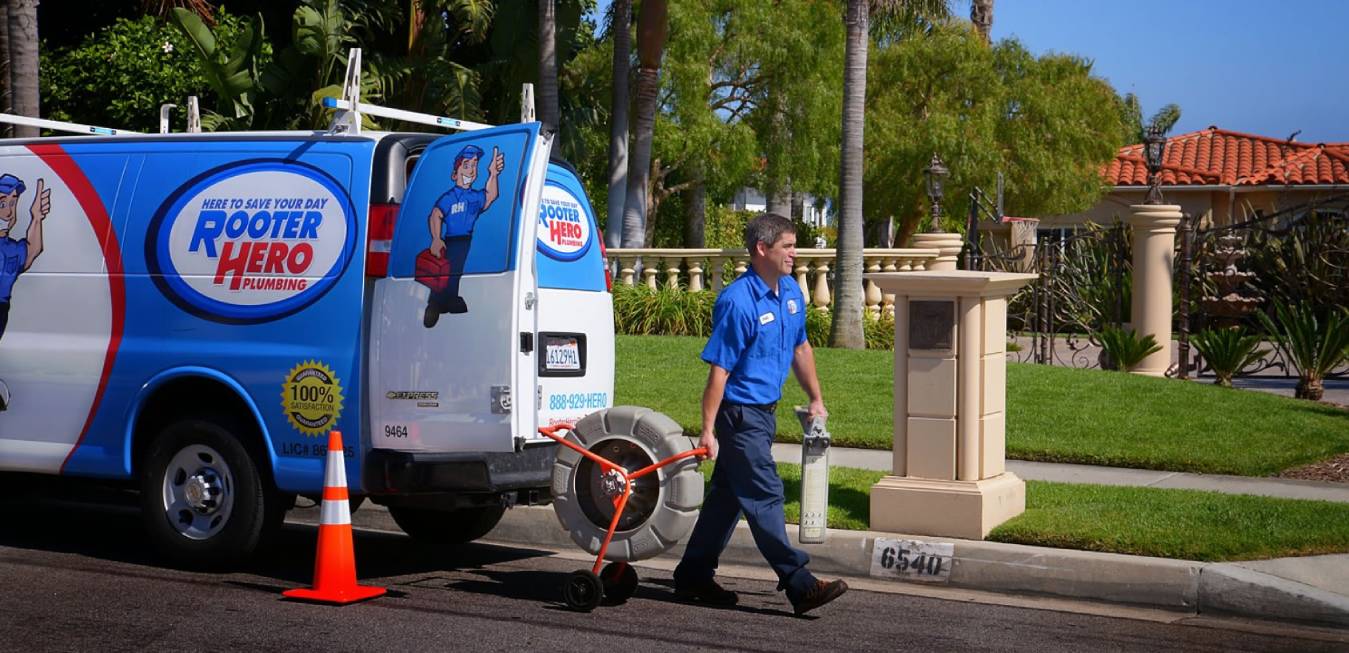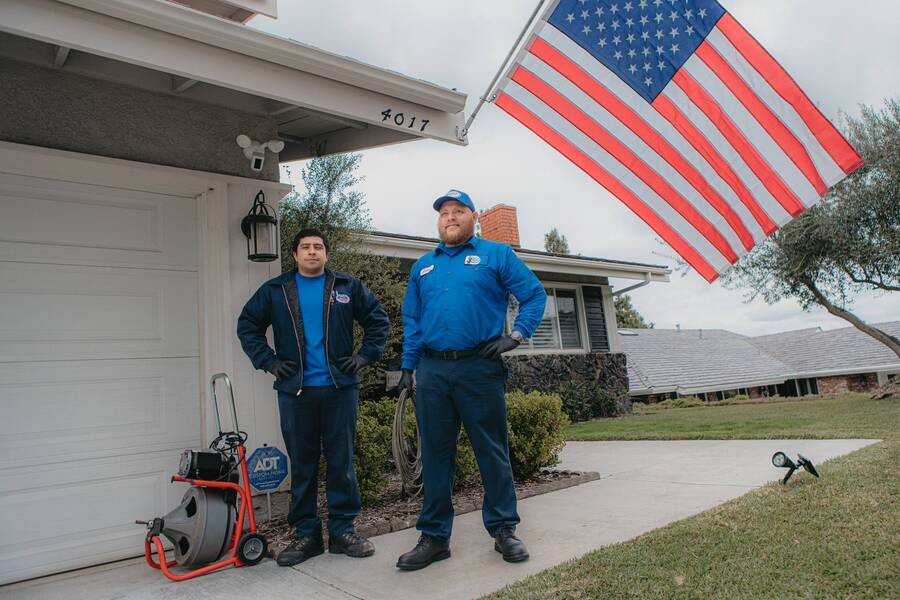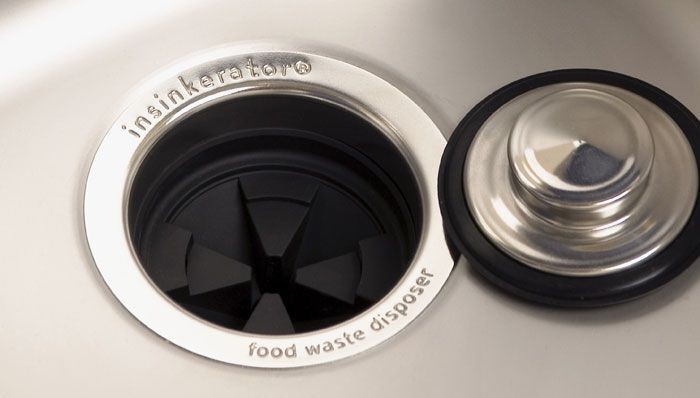
How to Protect Your Home's Plumbing from Earthquake Damage
For West Coast residents, earthquake preparedness is a way of life. When an earthquake happens, any number of bad things can happen to your home. Being ready to address these issues can be the difference between inconvenience and disaster. One part of the home that many homeowners overlook is the plumbing system. However, in the event of an earthquake, pipes, fixtures, and other components can be hit hard. Taking a few steps to protect your system before a seismic event occurs can save you money and help your home fare better.
Learn Where Shut-Off Valves Are Located
Structures are compromised after an earthquake, and so are the people in those structures if the proper steps aren’t taken to secure the home. Knowing where the main water shut-off valve is located will prevent flooding and toxic water from entering your home. But, turning off the water isn’t the only thing you must be able to do. To safeguard your residence and its habitats from gas fumes, explosions, and electrical fires, you must be able to shut off power to the fuse box, any fuel oil system at your home (natural or propane). Practice locating and turning off these components as part of your earthquake preparedness plan.
Secure Your Water Heater
Water heaters are not only expensive to replace, but they can cause lots of damage if they come loose and are tossed about during an earthquake. When this happens, gas lines, water lines, and other items in the way can break. In the most serious cases, an unsecured water heater can lead to a natural gas explosion that can level a house and seriously harm, if not kill, the home’s inhabitants. You can stop this from happening by bracing your water heater. Water heater straps keep your heater in place and give you peace of mind. Installing one of these straps isn’t difficult, but if you’re not handy or have the time, call your local plumber hero for assistance.
Install Flexible Connections
Ordinarily, the water heater and furnace in a home comes equipped with rigid piping. While this kind of piping is well and fine during regular operations when an earthquake hits, rigid piping can easily break because it has no give. For this reason, plumbers suggest replacing rigid piping with flexible connections. Appliances like dishwashers and wash machines already have flexible connections, so you don’t need to worry about these plumbing components. Making the switch is not an expensive repair and can be done quickly. Consider hiring a professional to help you make the switch, though. You don’t accidentally want to connect the piping wrong and damage your appliances. Remember, seismic activity is unpredictable. Many West Coast residents are used to minor shaking from time to time and can easily become indifferent to earthquake preparedness. However, you never know when a major event may occur. Take precautions now to secure your home and protect your family! Call a Rooter Hero Plumbing tech to learn more about earthquake preparedness for your home’s plumbing system.






